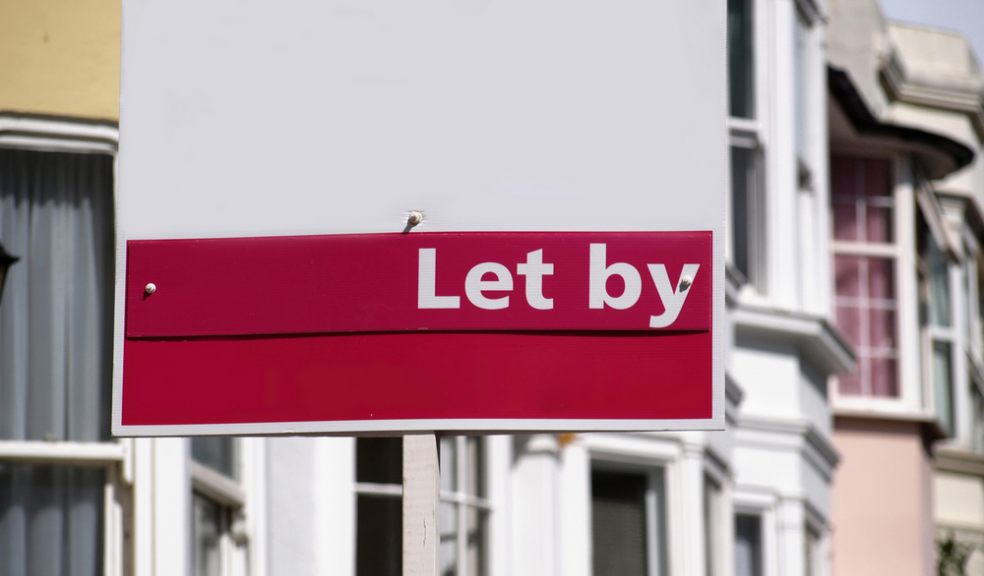
Landlords in Devon could face mandatory licensing
Landlords in Devon could be forced to secure a licence under Government plans to tackle illegal immigration.
The Residential Landlords’ Association understands that the new Conservative Government plans to extend the scope of the mandatory licensing regime to tackle illegal immigration.
In a speech last week, Prime Minister David Cameron called for a new licensing scheme to tackle landlords who “cram” their houses full of illegal immigrants and powers to make it easier for landlords to evict tenants in private rented housing.
There was widespread concern that this meant that a new licensing scheme would be introduced for all landlords in England. However, this may depend on whether or not local authorities have implemented an Additional or Selective Licensing scheme for privately rented properties.
The RLA has created a ‘Right-to-rent’ factsheet guide to help landlords ensure that they are leasing their properties legally. Find out more: http://www.rla.org.uk/landlord/guides/factsheet-on-immigration-checks.shtml
While there were no new details in the Queen’s Speech yesterday (Wednesday 27th May), the RLA now has information that, in addition to rolling out the ‘right to rent’ checks currently being piloted in the West Midlands, mandatory licensing of Houses in Multiple Occupation under the Housing Act 2004 will be changed. This could mean lowering the threshold of number of people sharing a property, removing the three storey requirement, or both.
While seeming to dispel concerns over a general, national landlord licensing requirement, a great many homes and landlords not currently covered by local additional licensing schemes could find themselves caught under a new mandatory scheme. This will also place local authorities under substantial pressure as they will have to process the large number of applications for new licences, assess the properties and carry out further enforcement against those who have not sought licences.
Given that, as the RLA has highlighted, current enforcement is often patchy a new further area of enforcement work may make the situation worse rather than better.














